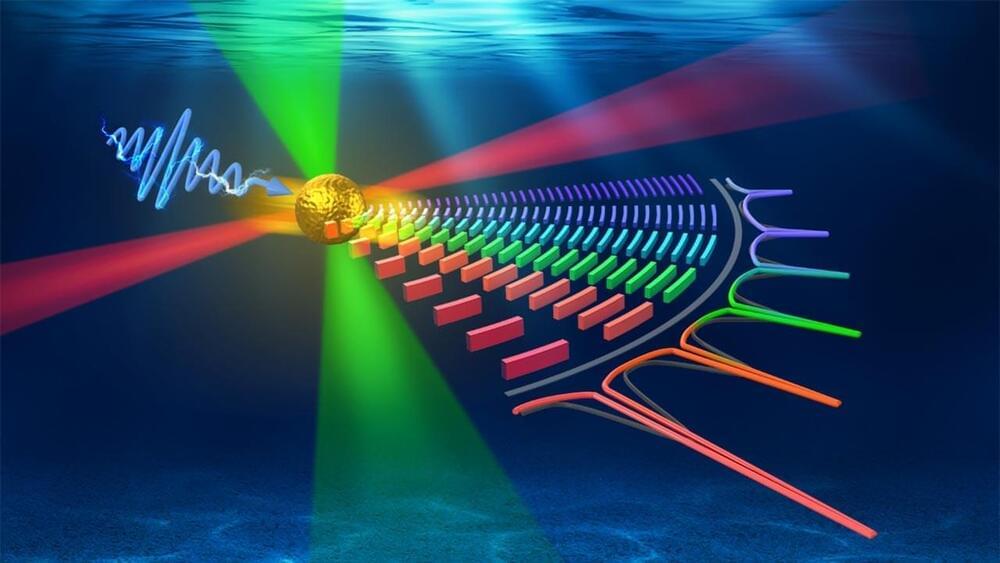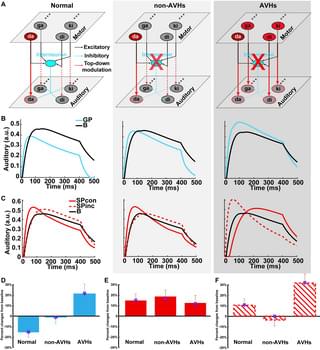A new toolkit helps monitor and improve the efficiency of superconducting radiofrequency cavities in particle accelerators by ensuring smoother inner surfaces and analyzing impurities in niobium cavities.
Superconducting radiofrequency (SRF) cavities are essential to the function of advanced particle accelerators. They are a key part of the systems that power the electromagnetic fields that accelerate subatomic particles. The efficiency of these cavities is influenced by the cleanliness, shape, and smoothness of their inner surfaces.
Enhancing SRF Cavities with New Toolkits.









